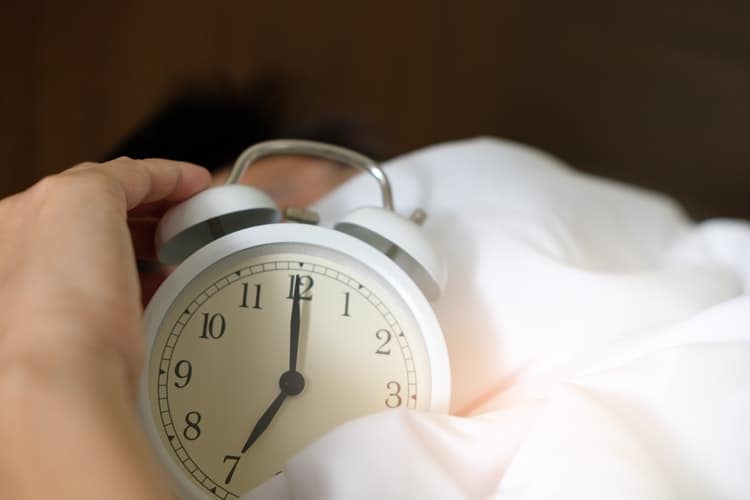
As one of the most knowledgeable and educated nations in the world, it’s simply startling that Americans have so many health issues. As a collective group, the American population eats too much, eats the wrong foods, sleeps too little and takes on too much stress in their day to day lives.
The reality is everything mentioned above is tied together in several ways. Keeping that in mind, it wouldn’t be that difficult to fix one issue and watch everything else fall into place. If that were to happen, Americans could live happier and healthier lives.
The Effects of Righting Eating Wrongs
It’s no secret that Americans generally have poor diets. That notion is supported by the fact that more than a third of the population is overweight. The effects of a poor diet can be felt all the way to bedtime when getting a good night’s sleep becomes a real challenge.
Science has already established that the human body needs approximately seven hours of sleep to function at the highest levels. If a poor diet leads to poor sleeping habits, and if poor sleeping habits lead to health issues, the correlation between a poor diet and health problems is evident.
Taking everything into account, it makes perfect sense that changing the way one eats would help them get a richer more restful sleep. If they get more, good sleep, the risk of health issues should diminish.
Foods That Interrupt Sleep
The key to getting a good night’s sleep in promoting the secretion of serotonin, a neurotransmitter that has a calming effect on the brain and helps induce sleep. Unfortunately, Americans love foods that actually block the secretion of serotonin.
If you like burgers, fries and greasy food products, you are on the wrong path to a good night’s sleep. Caffeine products like chocolate, coffee and soda pop are also real no nos when it’s time to bedtime. You might also want to avoid foods that contain a lot of acid, which has the potential of upsetting your stomach. Upset tummies don’t sleep well.
Finally, the notion that high protein diets promote better sleep is categorically wrong. In fact, protein contains a lot of anti-sleep amino acids that can offset the positive effects of the pro-sleep amino acid Tryptophan. Tryptophan is one of the primary triggers of serotonin. Without the appropriate amount of serotonin being secreted by the brain, sleep becomes shallow.
The Foods That Promote Sleep
If you are serious about changing your diet to increase your ability to get a good night’s sleep, there are certain foods and food groups you can pack into your diet that will help promote more and deeper sleep.
The target food byproducts you are searching for in your diet to promote sleep are the aforementioned tryptophan and the hormone melatonin. Both of these byproducts help stimulate the secretion of serotonin.
You can actually put together a really good diet of foods that contain plenty of these byproducts. Turkey is high in tryptophan, which explains why everyone is sleepy after Thanksgiving dinner. Melatonin is found in fruits like bananas and kiwi, nuts like almonds and walnuts, green vegetables and tomatoes. That’s a pretty good selection of healthy foods.
If your sleep habits are questionable at best, your diet might be the issue. The best way to confirm that is to change the way you eat and see how it affects your sleep patterns.